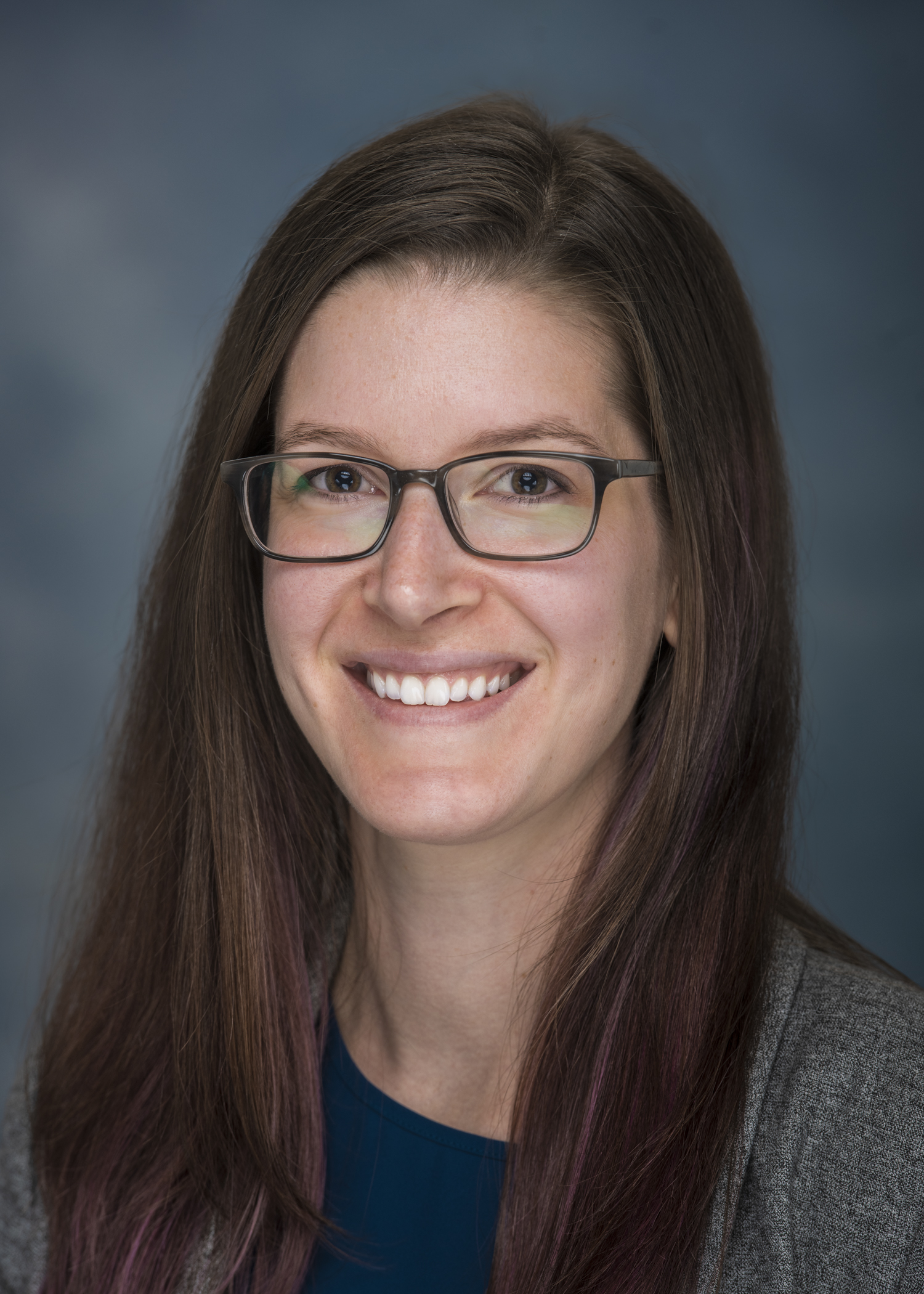Cited By
View all- Childs JZarch RDunton SMadkins TTrautmann KTaylor ZJacobson MOzturk SOttenbreit-Leftwich A(2024)Advancing Equity and Access: Addressing the Side Effects of Broadening Participation in Computer Science K–12 EducationReview of Research in Education10.3102/0091732X24128647548:1(121-153)Online publication date: 28-Oct-2024
- Wente PMühling A(2024)Role Perceptions and Motivational Orientation of Computer Science TeachersProceedings of the 19th WiPSCE Conference on Primary and Secondary Computing Education Research10.1145/3677619.3678118(1-10)Online publication date: 16-Sep-2024
- Yadav ALachney MHill RLapetina AHu AJee HAllen Kuyenga M(2024)Diving into the role: a multi-case study on supporting novice CS teachers’ knowledge through co-teachingJournal of Research on Technology in Education10.1080/15391523.2024.2404125(1-20)Online publication date: 25-Sep-2024
- Show More Cited By



